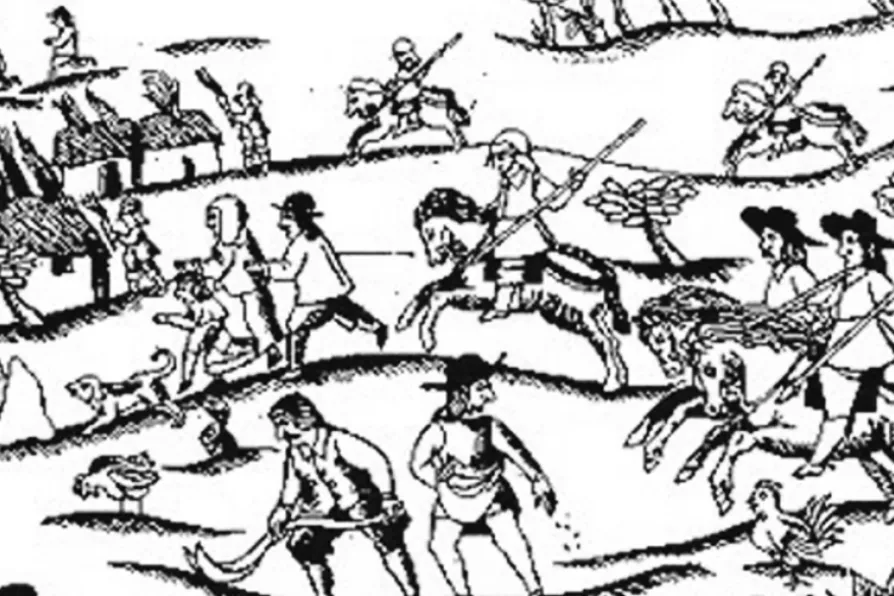MARIA DUARTE reviews Desperate Journey, Blue Moon, Pillion, and Wake Up Dead Man: A Knives Out Mystery


Elliot Galvin
The Influencing Machine
(Edition EDN 1103)
ROCHESTER-BORN 27-year-old pianist Elliot Galvin is a powerful jazz musician who also has a deep commitment to studying history, a love for reading and emulating literature within his music and is grounded in a new hope for the socialist politics set free and made real and possible by Jeremy Corbyn’s election to the leadership of the Labour Party.
These layers of artistic and political formation radiate from his music and expressly from the new album from his trio, intriguingly titled The Influencing Machine.
This is a historical reference to the bizarre and finally tragic life of James Tilly Matthews, a man of many selves, from revolutionary double agent during the years of the French Revolution to being the first documented paranoid schizophrenic committed to London’s Bethlehem (Bedlam) psychiatric hospital in 1797, who, beleaguered by terrifying mental distress, believed he was being controlled by “an influencing machine” which “controls our lives. It writes our news, our history, the script of our dreams. Crowns our kinds, draws our borders and leads the charge to war. It traps us in towering cages where we sing to everyone and no-one.”














